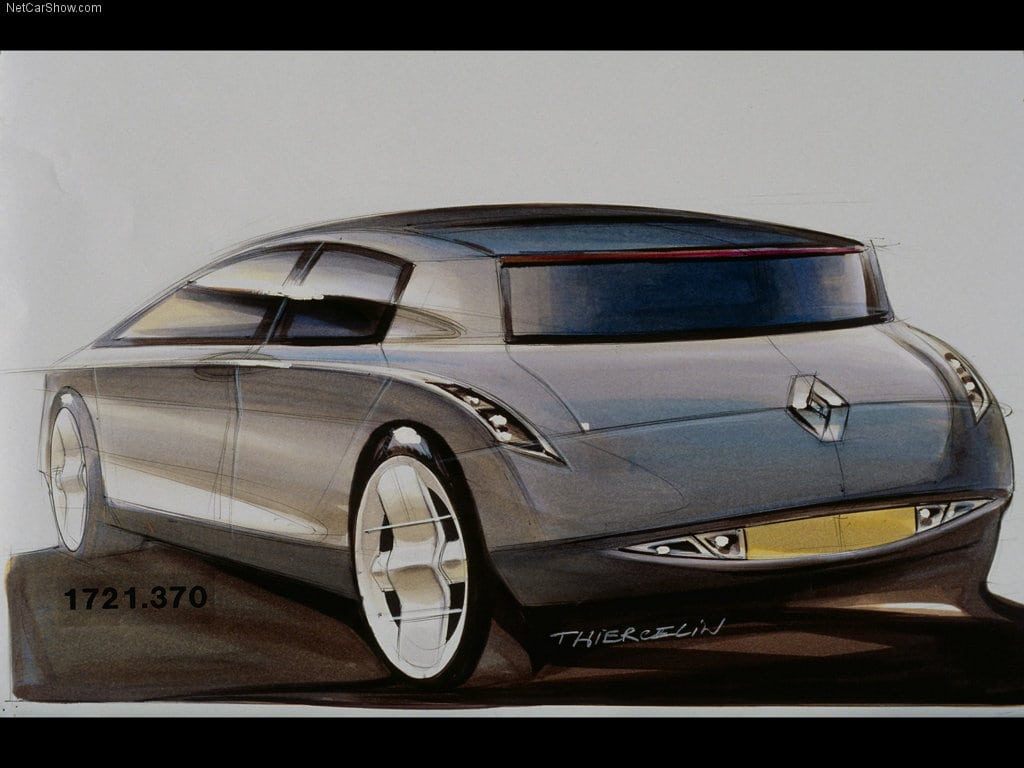We buy cell phones because we need to communicate. Why do we buy electric cars?
Interesting question asked by GfK to the global community. No matter how great electric cars are, no matter how 99.9% of those on the road today can handle 80% of our US daily commute, there isn’t as much a reason to buy an electric vehicle, EV as say a TV, a cell phone or other common industrial products.
EVs Are Still Not Well Marketed. The automobile industry is still grappling with how to present what ultimately is a much more efficient mode of transportation. The many reasons why some people will not buy an electric car are well known, and well debunked — not enough range, too slow to charge, too expensive are the most common. These reasons can simply be argued against with a bit of planning and reasoning.
The Survey. The gist of the survey was simple; potential buyers do not understand the personal benefits of owning electric vehicles. The study concentrated on China, Japan, France, Spain, Russia and the USA. Overall, 55% of respondents are favorable to electric vehicles, while 43% are somewhat or very open to buying one, but only 31% are ‘not very’ or ‘not at all’ open to the idea of buying one.
The Pros. The top reasons, starting with 77% of the people surveyed found that the indirect benefits were low emission and how electric vehicles are more environmentally friendly. Innovation plays a big part also with 76% of those surveyed, while quiet operation and less noise pollution amounted to 73%. When it came to the ease of operation, 68% felt positive about electric vehicles and 65% liked the low energy and fuel cost.
The Cons. The top three negatives revolved around the little choice of EVs with 67%, limited availability of service and repair locations at 64%. Not so strangely for those of us who follow these surveys was that price doesn’t necessarily rank high in surveys. In fact the high purchase price and limited battery lifespan only accounted for 61%. The survey pointed out that these were associated with EVs more than the perceived insufficient driving range at 58% and inadequate recharging infrastructure 57%.
The survey found that certain markets considered electric vehicles as important – notably Japan and Russia. The price of gasoline in these countries plays a big part. Strangely enough, China is the least interested in EVs due to price and reliability preconceived notions. However, those who are most open to electric cars are those planning to purchase a luxury brand car.
For Once, Marketing Can Help. These numbers, particularly the 68% of participants who found the operation of electric vehicles were favorable point to a glaring problem the automobile industry has with EVs. It still hasn’t marketed it in a compelling way yet. While Tesla Motors might appeal to those willing and able to release $75,000 to over 100,000 of their funds, that is a small margin of the car buying population. It’s funny to think the automobile industry sold the most mind boring car, sometimes even useless cars with carefully crafted marketing campaigns but it still has a hard time making electric vehicles, EV more enticing.
In most conversations you can have about electric cars with the general public, the clincher is to talk about driving for a third less of energy cost than traditional cars with an inherently more efficient car, particularly its torque. After removing all the usual oppositions to EVs, people usually understand that electric cars have a lot of torque and cost less to run and maintain than a gasoline powered one. The other stickier problem is purchase cost.
Surveys are notorious for pointing out what people think openly but not necessarily what they will buy in the end. In other words, it’s one thing to say all this, it’s another to disburse $40,000 for a smart mode of transportation, even if close to $10,000 can come back in credits on your next tax form. In the meantime, those who can plan ahead install alternative energy systems to help better manage their energy use stand the best chance of making financial sense of an electric vehicle.






